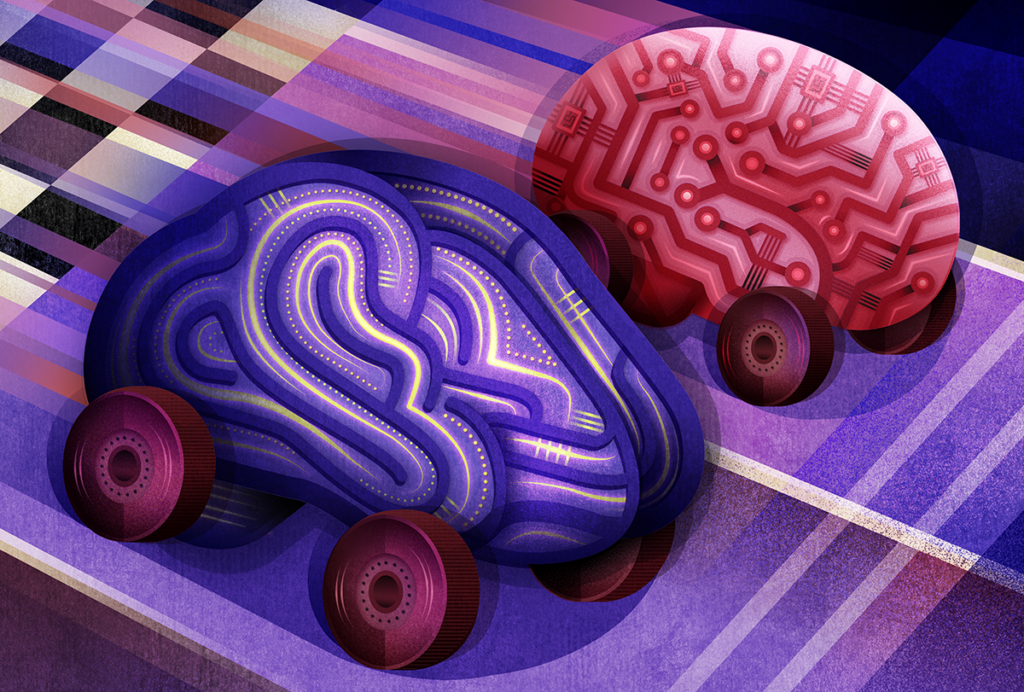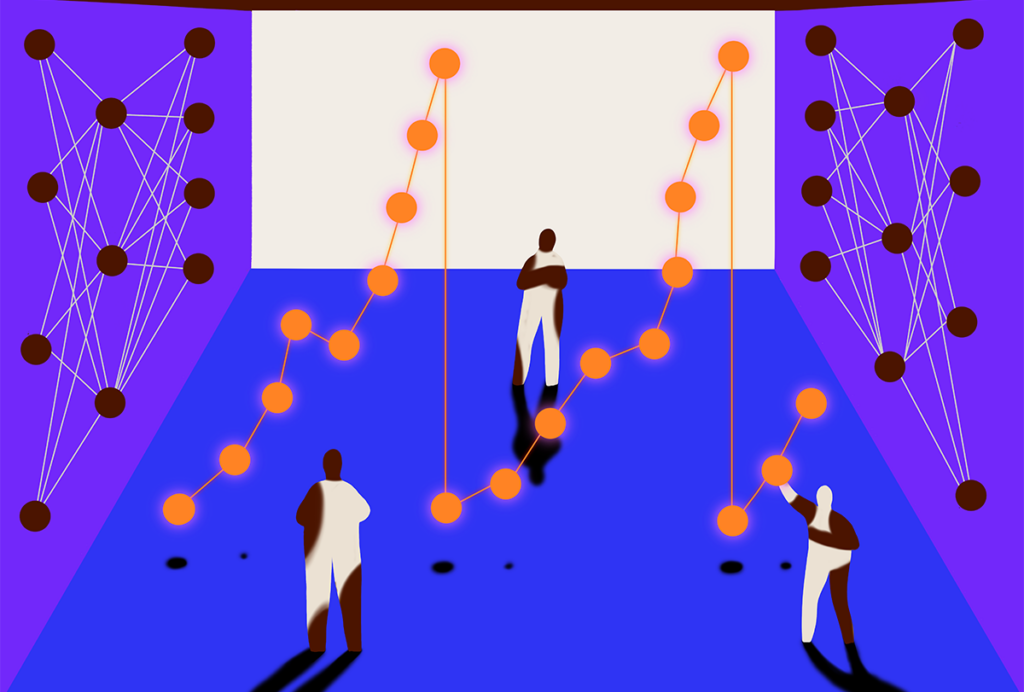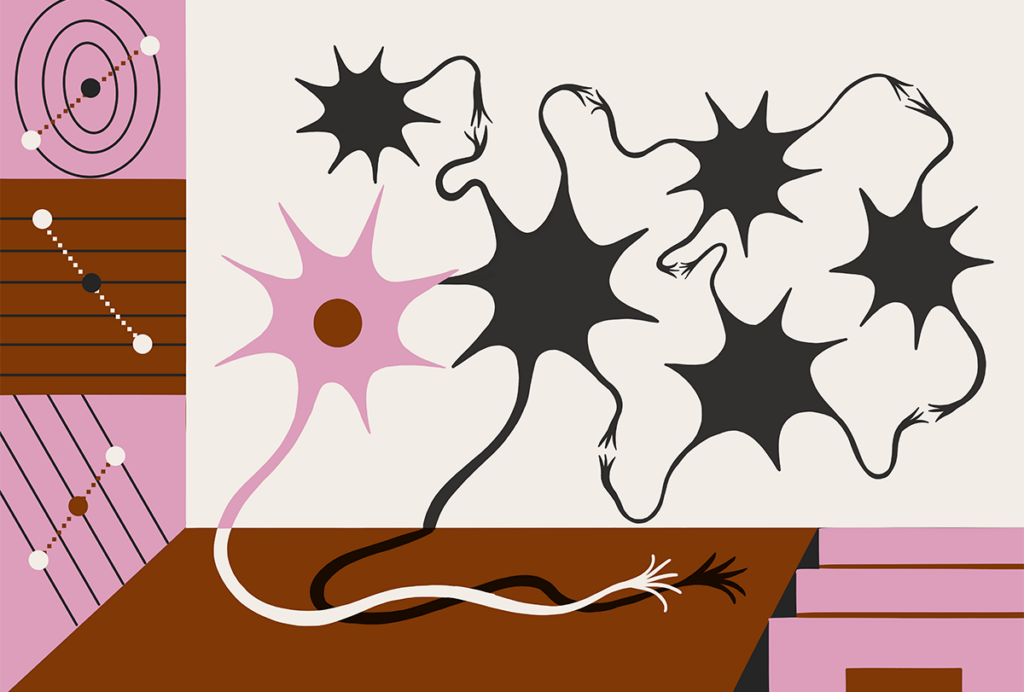The Transmitter: Neuroscience News and Perspectives
Featured
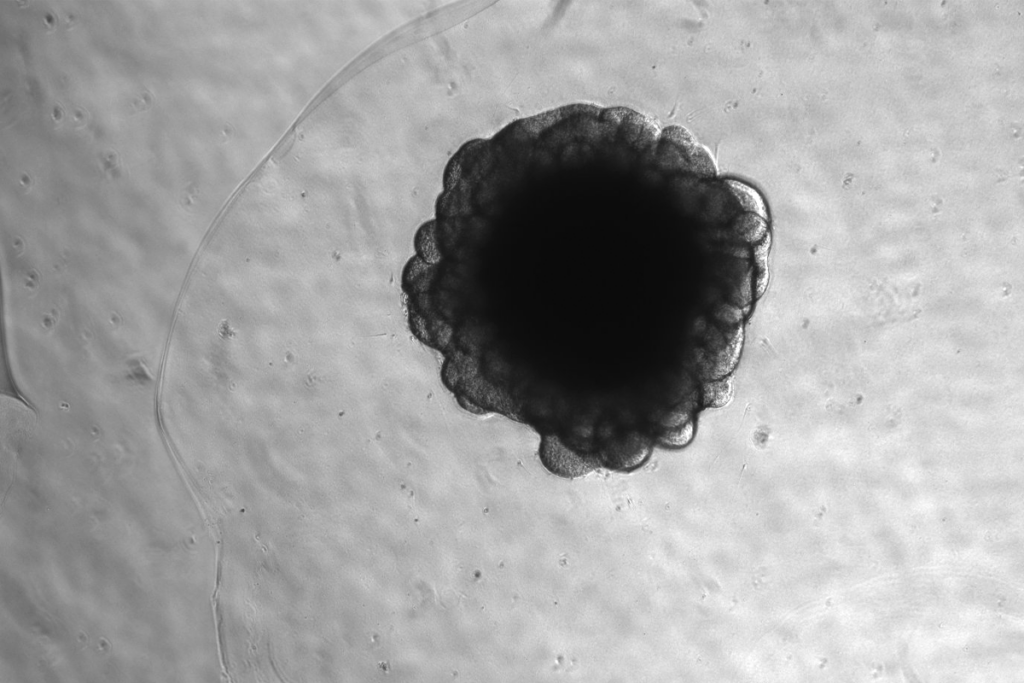
Viral remnant in chimpanzees silences brain gene humans still use
Why emotion research is stuck—and how to move it forward
Today’s action potentials
”The field remains divided over what emotions are and how they should be defined, limiting progress. — JOSHUA P. JOHANSEN, TEAM DIRECTOR, LABORATORY FOR THE NEURAL CIRCUITRY OF LEARNING AND MEMORY, RIKEN CENTER FOR BRAIN SCIENCE
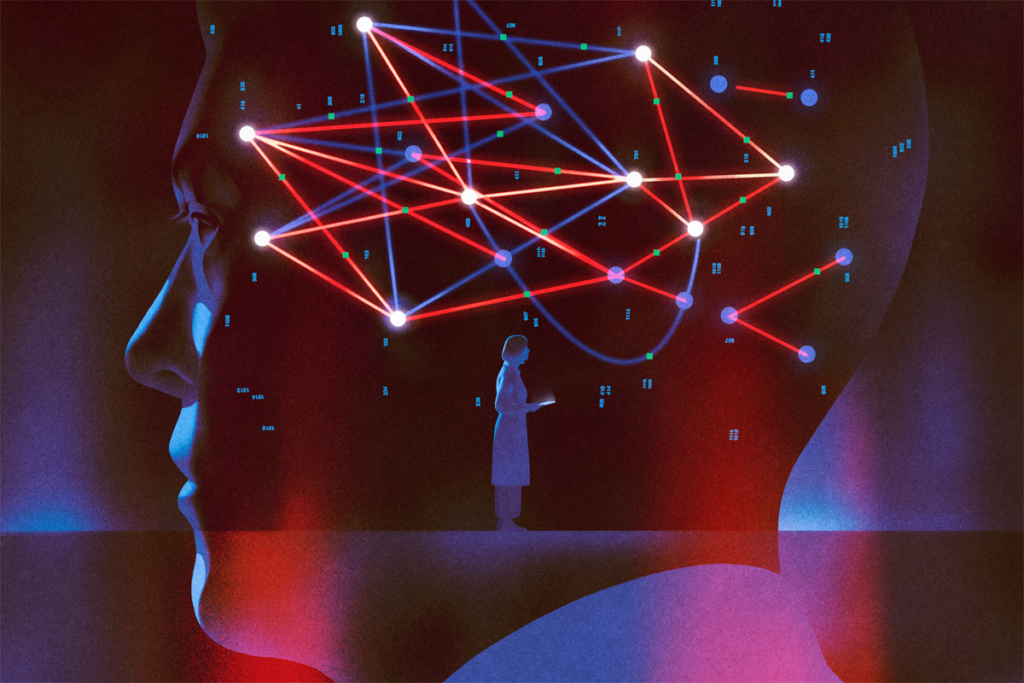
Computational psychiatry needs systems neuroscience
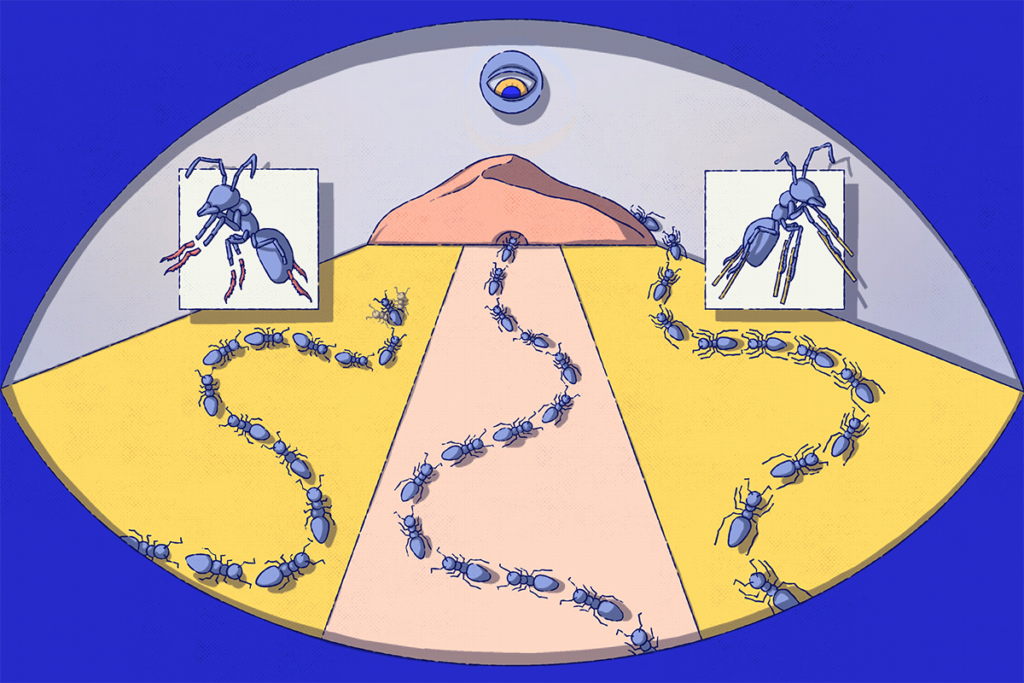
This paper changed my life: John Tuthill reflects on the subjectivity of selfhood
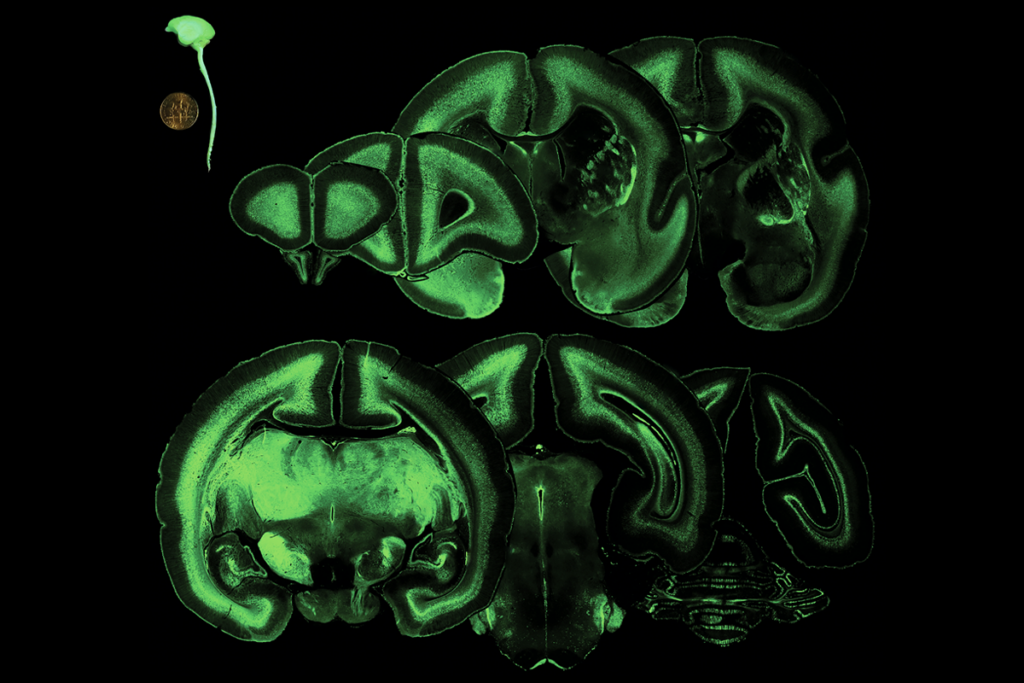
Prenatal viral injections prime primate brain for study
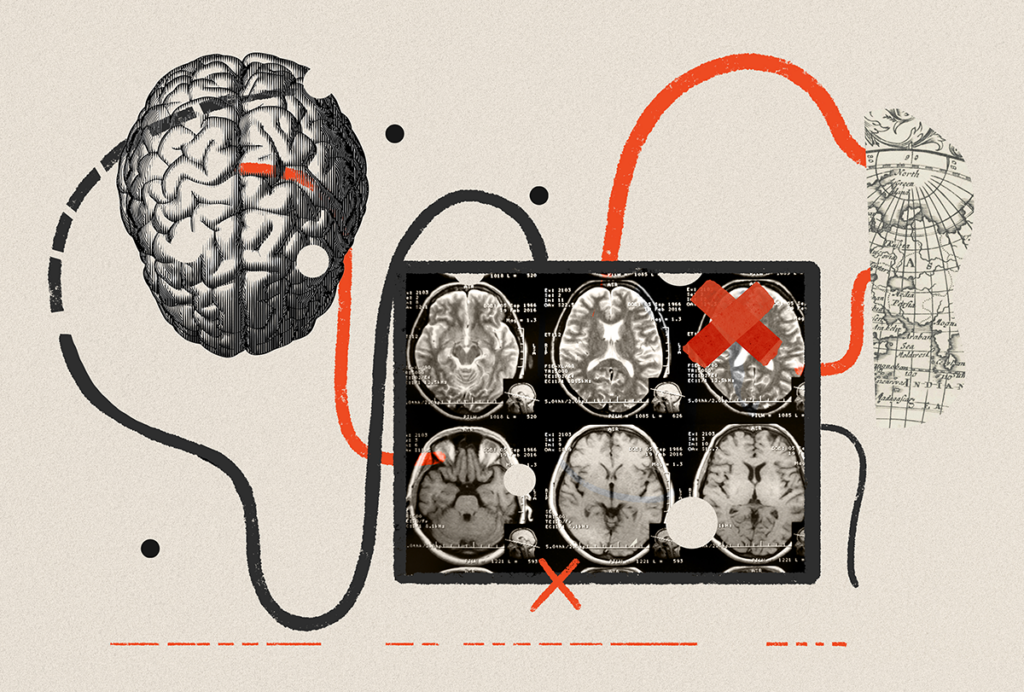
BRAIN Initiative researchers ‘dream big’ amid shifts in leadership, funding
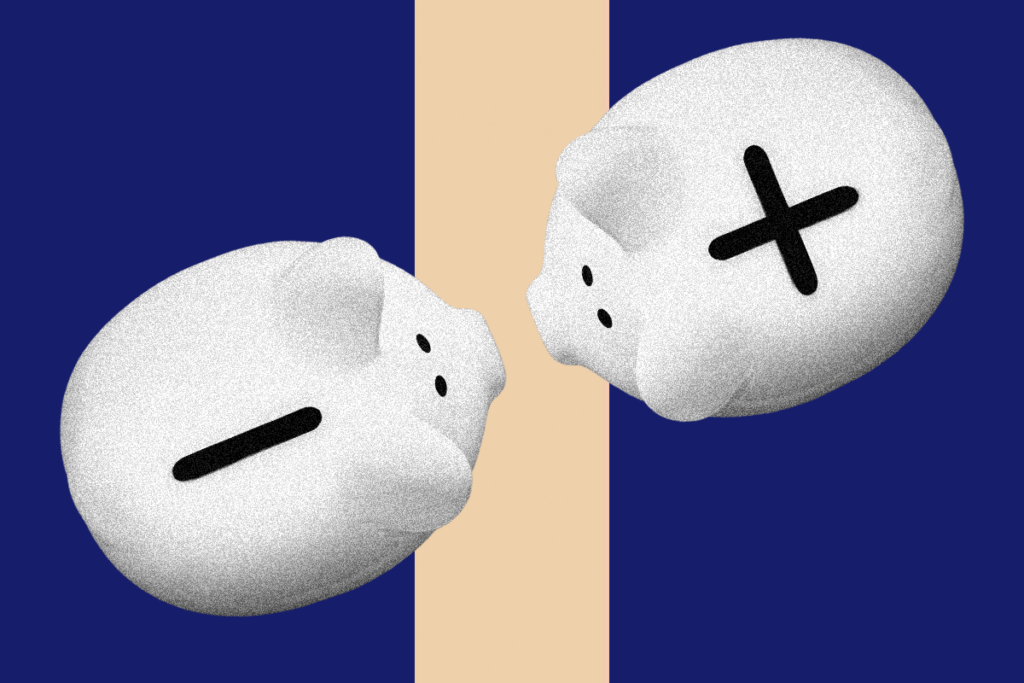
Neuroscience, BRAIN Initiative gain budget in ‘bad’ NIH funding bill

Neuroscience’s leaders, legacies and rising stars of 2025

The Transmitter’s top news articles of 2025
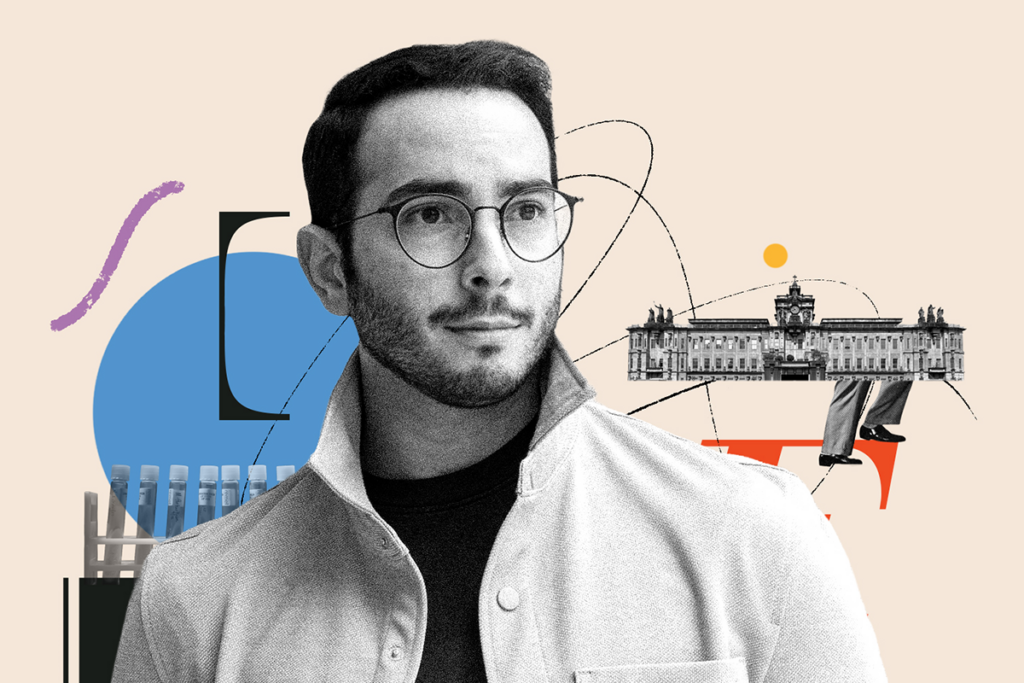
Frameshift: At a biotech firm, Ubadah Sabbagh embraces the expansive world outside academia
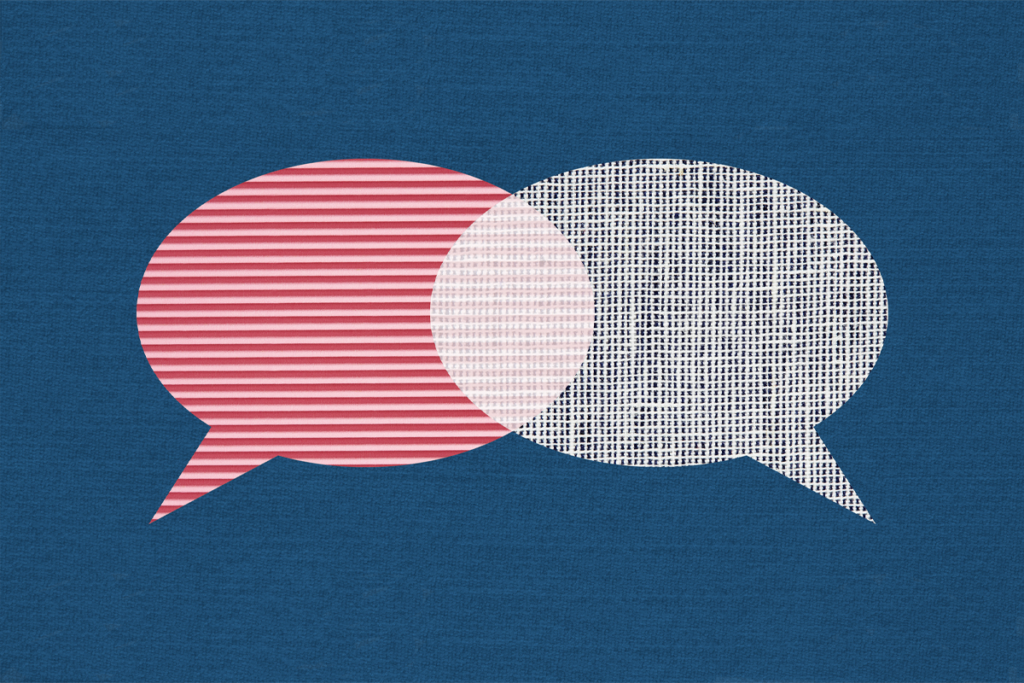
Talking shop: The Transmitter’s top quotes of 2025

Frameshift: Shari Wiseman reflects on her pivot from science to publishing
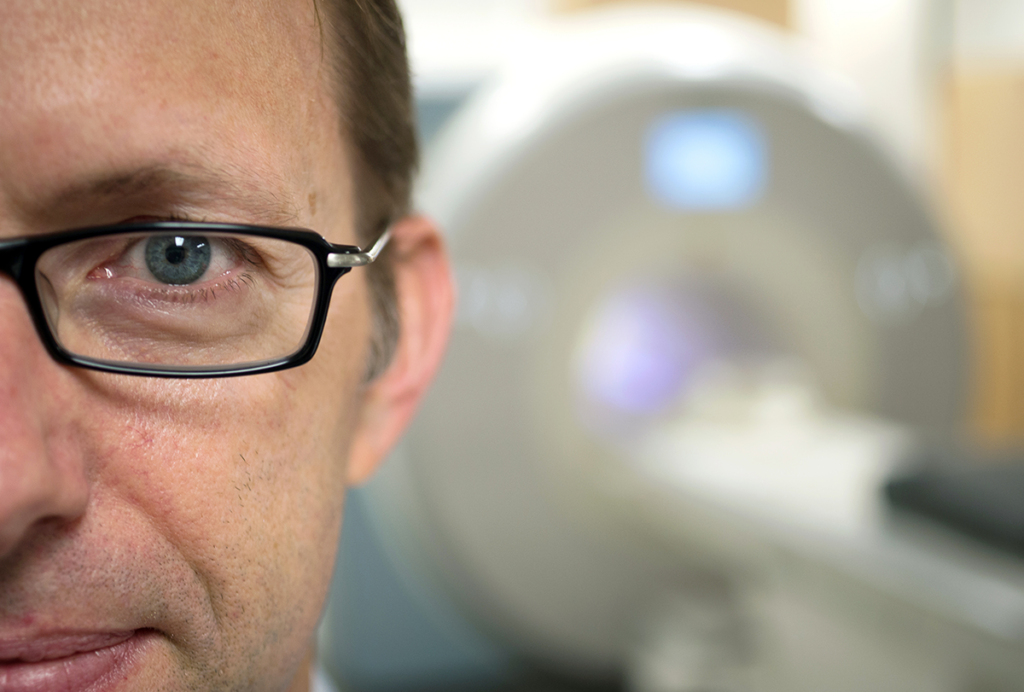
A brief history of precision self-scanning
When a researcher solved a logistical problem by going rogue, the idea proved remarkably infectious.

The state of neuroscience in 2025: An overview
The Transmitter presents a portrait of the field through four lenses: its focus, its output, its people and its funding.

The Transmitter’s most-read neuroscience book excerpts of 2025

A change at the top of SfN as neuroscientists gather in San Diego

What are the most-cited neuroscience papers from the past 30 years?

The Transmitter ’s Rising Stars of Neuroscience 2025
We recognize the outstanding achievements of 25 neuroscientists who stand to shape the field for years to come.

The Transmitter’s New Lab Directory
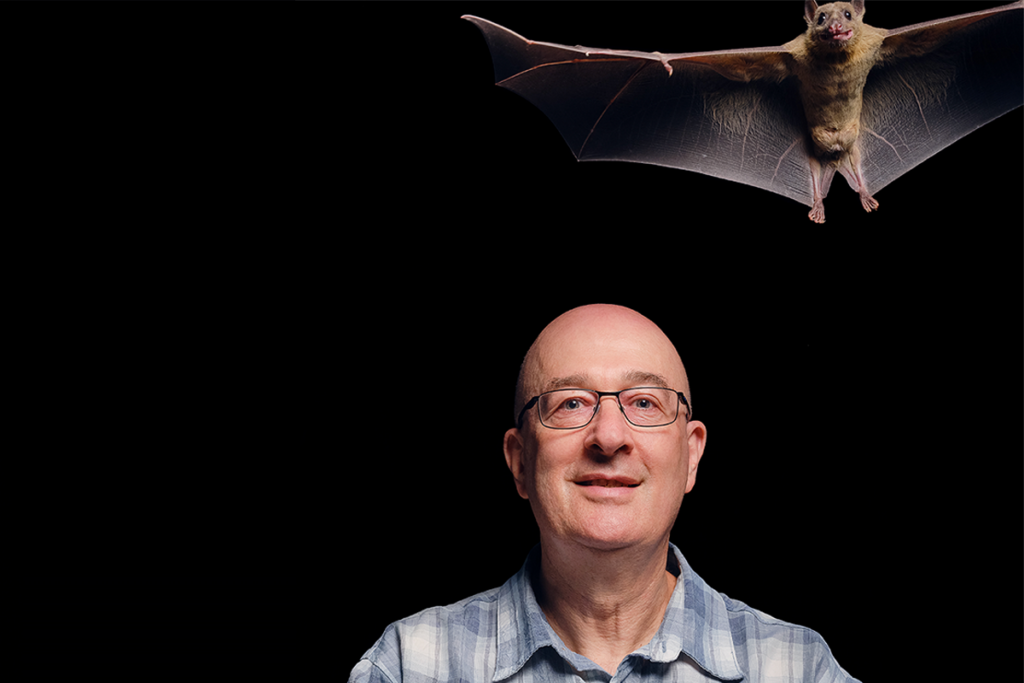
Diving in with Nachum Ulanovsky
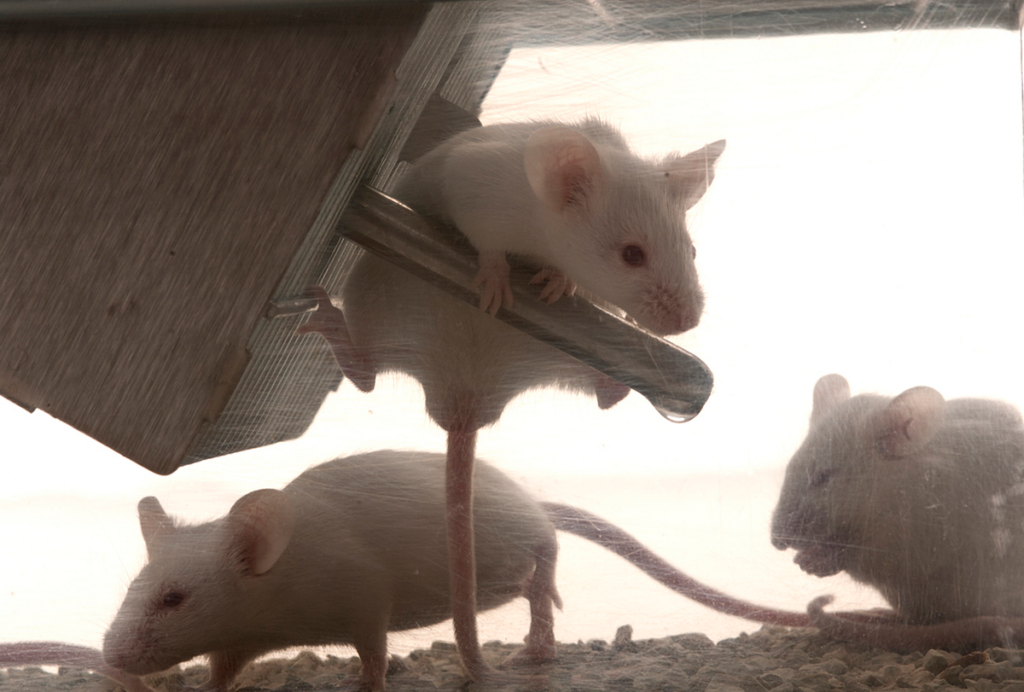
Cracking the neural code for emotional states

Remembering Adam Kampff, neuroscience educator and researcher
Psilocybin rewires specific mouse cortical networks in lasting ways

What are the fastest-growing areas in neuroscience?
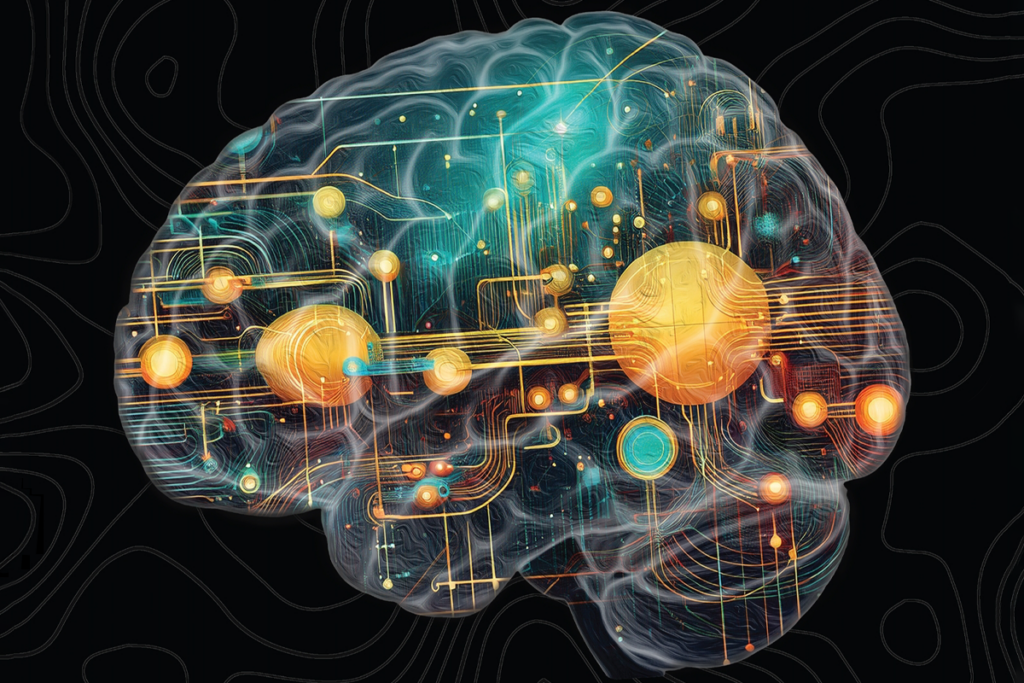
‘Wired for Words: The Neural Architecture of Language,’ an excerpt
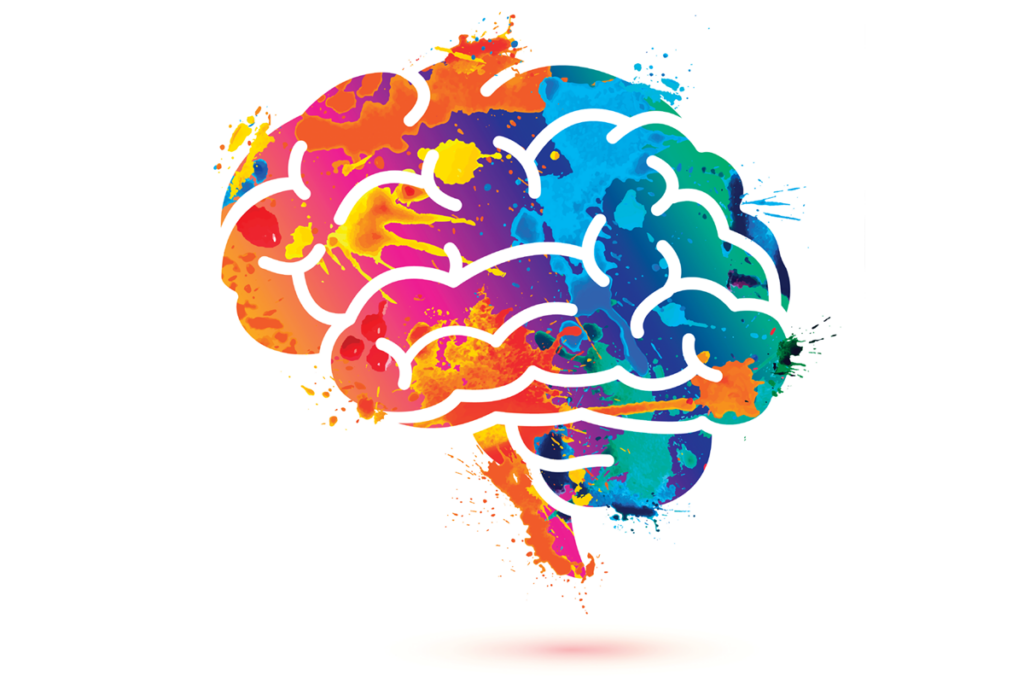
‘Neuroethics: The Implications of Mapping and Changing the Brain,’ an excerpt
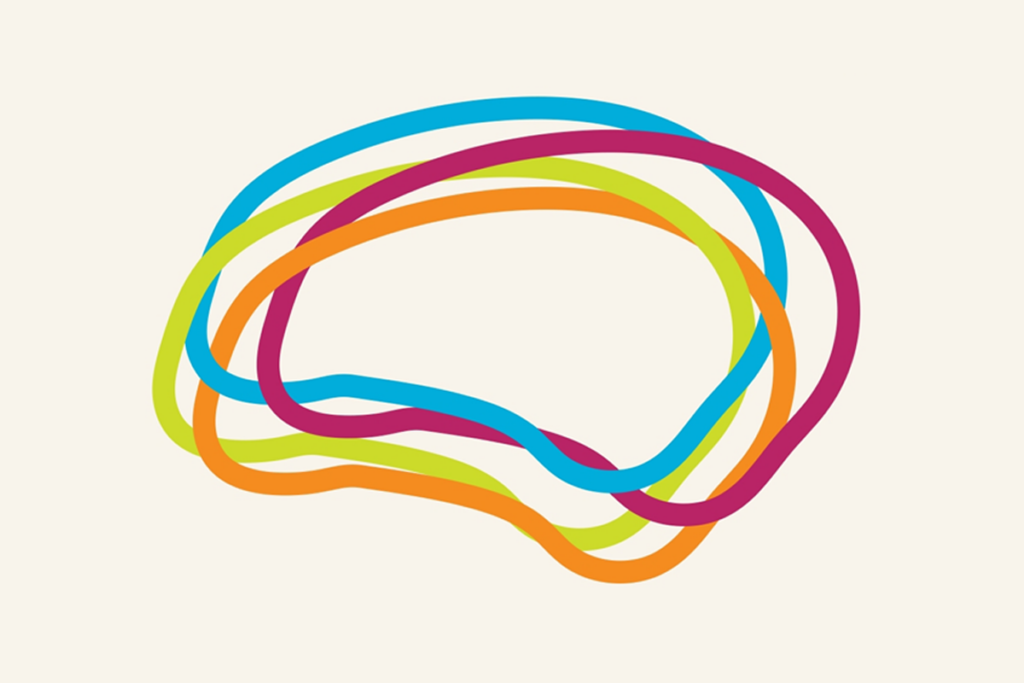
‘How to Change a Memory: One Neuroscientist’s Quest to Alter the Past,’ an excerpt

The visual system’s lingering mystery: Connecting neural activity and perception
Figuring out how the brain uses information from visual neurons may require new tools. I asked 10 neuroscientists what experimental and conceptual methods they think we’re missing.
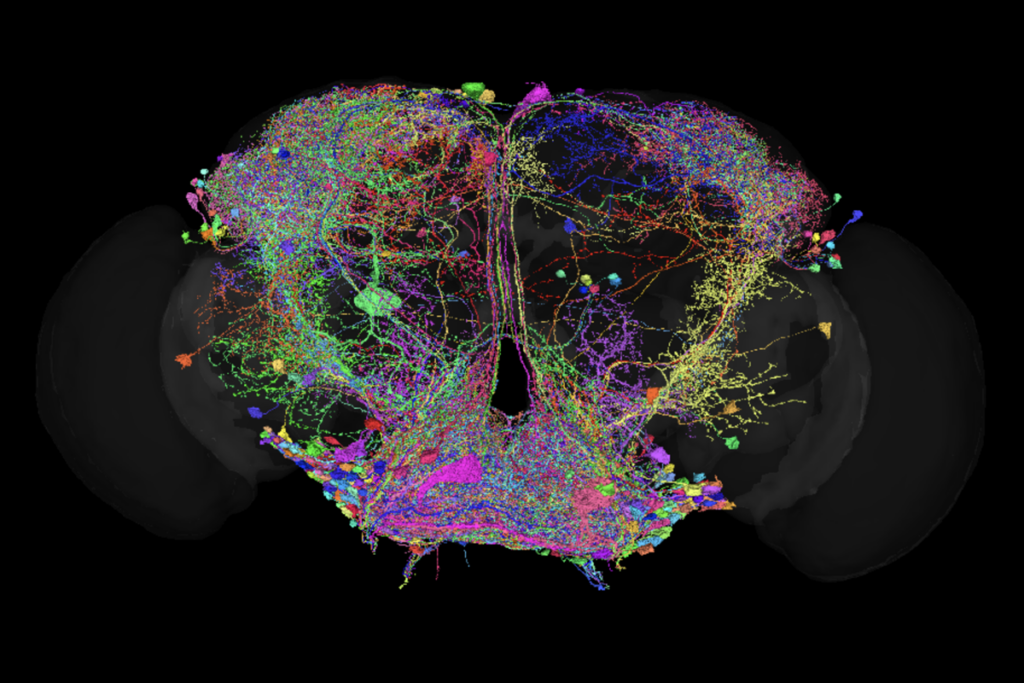
One year of FlyWire: How the resource is redefining Drosophila research
We asked nine neuroscientists how they are using FlyWire data in their labs, how the connectome has transformed the field and what new tools they would like to see in the future.

